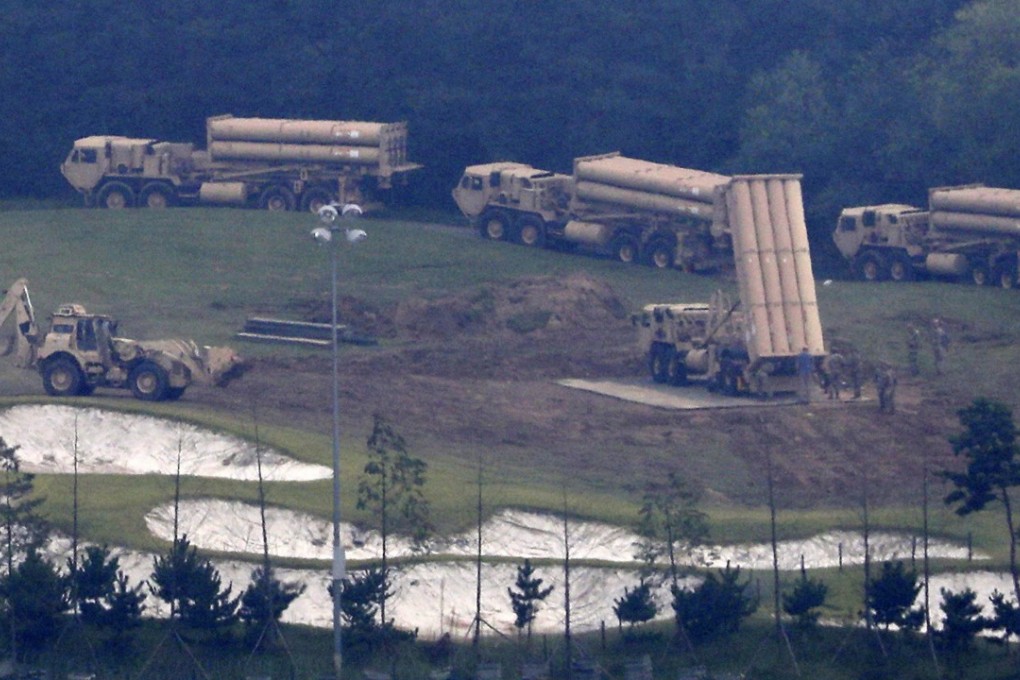South Korea and China relations warming but chilly restrictions remain
A year after the two countries reset bilateral ties following anti-missile dispute, Beijing’s travel ban has not been fully lifted

South Korean businesses in China are still feeling the chill of restrictions imposed by Beijing nearly a year after a diplomatic thaw in relations between the two Asian neighbours.
While official exchanges between China and South Korea have steadily resumed, deep suspicions remain after last year’s diplomatic row over a US-backed anti-missile system deployed by Seoul, according to South Korean diplomatic sources.
“The restriction on tourism is not fully lifted and advertisements showing South Korean celebrities are still not shown on Chinese television,” one source said.
“Official interactions with the Chinese side are getting back to normal,” said the source. “The attitudes from the Chinese side are not as cold as last year, but never as warm as before.”
Chinese tourists returning to South Korea after missile tensions cool
Beijing ordered travel companies to stop selling popular group trips to South Korea as part of its protest against Seoul’s decision to install the US-made Terminal High Altitude Area Defence (THAAD) system.